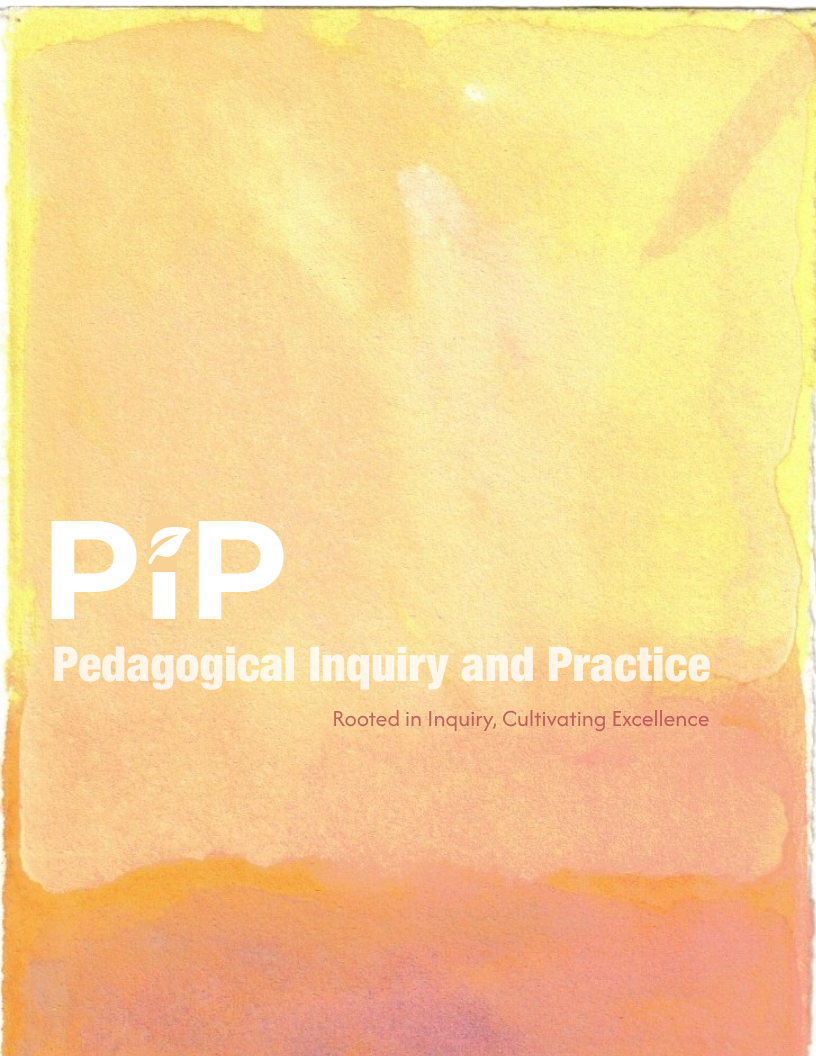Artificial Intelligence in Nursing Education: Balancing Reluctance and Embracing Innovation
DOI:
https://doi.org/10.31542/tt20ky17Keywords:
artificial intelligence, nursing education, knowledge gapAbstract
Integrating Artificial Intelligence (AI) into nursing education is an emerging trend that aligns with broader technological advancements in healthcare and academia. AI, the simulation of human intelligence in machines, offers significant opportunities to enhance personalized learning, competency-based assessments, and clinical reasoning development in nursing education. Tools such as the World Health Organization’s AI assistant S.A.R.A.H., Microsoft Copilot, and generative AI platforms such as ChatGPT illustrate the potential of AI to support diverse learning needs and foster deeper engagement. Despite these advancements, many nursing educators express hesitation regarding AI integration, citing concerns about academic integrity, ethical dilemmas, and the potential erosion of the human aspect of nursing education. This essay explores the opportunities and challenges associated with the use of AI in nursing education. It highlights how AI can enhance learning outcomes, generate NCLEX-style questions, facilitate skill development, and support educators in administrative tasks. However, ethical concerns such as data privacy, algorithmic bias, and accountability warrant attention. The essay presents support for the argument that AI tools should complement traditional pedagogy by emphasizing the importance of human empathy and ethical judgment in nursing practice.
References
Downloads
Published
Issue
Section
Categories
License
Copyright (c) 2025 Pedagogical Inquiry and Practice

This work is licensed under a Creative Commons Attribution-NonCommercial 4.0 International License.


